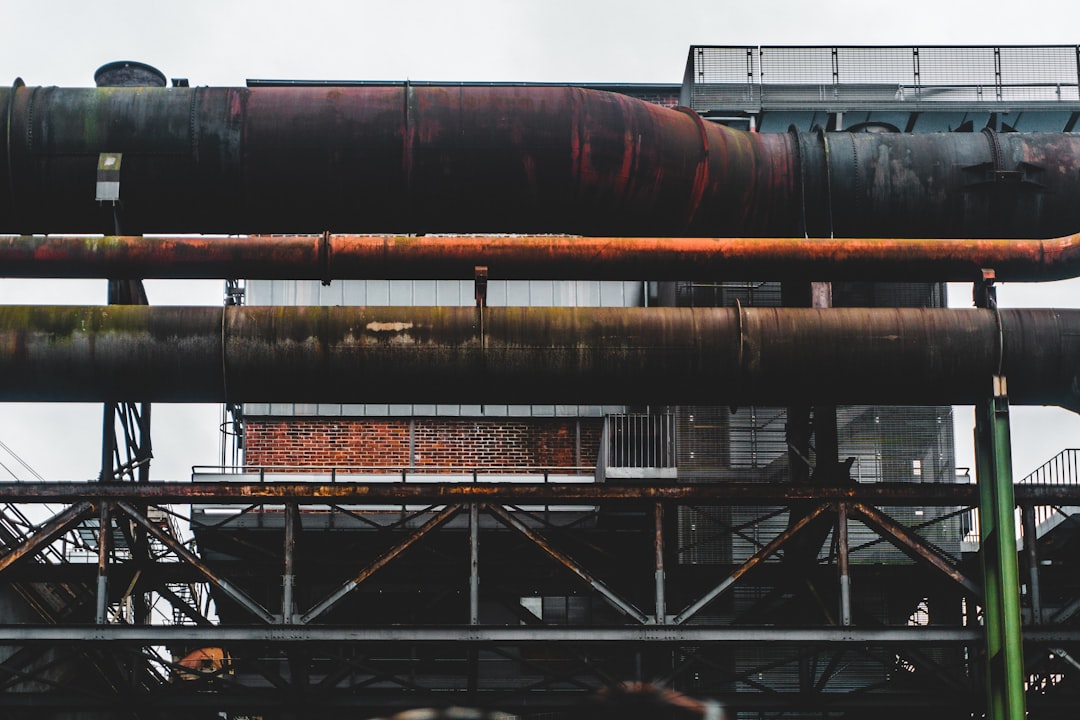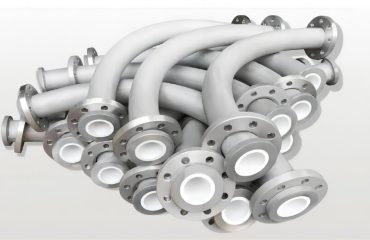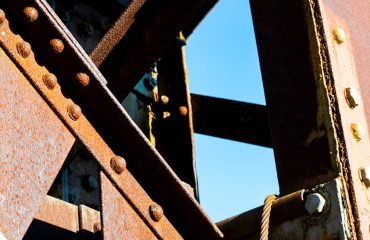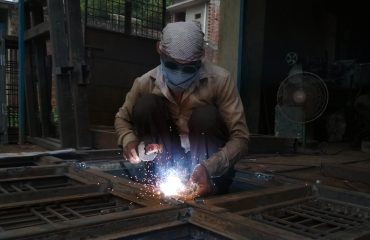Oil refineries are complex, high-pressure environments where the efficient and safe transport of various hydrocarbons is paramount. At the heart of this intricate network lies a seemingly simple yet crucial component: the steel pipe. From transporting raw crude oil to delivering refined products, steel pipes form the very arteries of a refinery, demanding robust construction, meticulous selection, and rigorous maintenance.
Diverse Applications of Steel Pipes in Oil Refineries
Steel pipes in refineries serve a multitude of critical functions, each requiring specific properties and design considerations. They are used extensively in:
- Crude Oil Transfer: Large-diameter steel pipes transport raw crude oil from storage tanks to the initial processing units. These pipes must withstand high volumes and potentially corrosive elements present in crude oil.
- Process Piping: Smaller diameter pipes are used extensively within the refinery process units, transporting intermediate products between various stages of refining. These pipes often operate under high pressure and temperature, requiring specialized alloys.
- Product Transfer: After processing, refined products like gasoline, diesel, and jet fuel are transported via steel pipelines to storage tanks and distribution points. The specific requirements for these pipes vary depending on the product.
- Steam and Water Lines: Steam and water are essential utilities in a refinery. Steel pipes are crucial for efficiently distributing these fluids throughout the facility. These pipes require resistance to high temperatures and potential water hammer.
- Instrument and Control Lines: Smaller diameter pipes are used for instrumentation and control systems, carrying gases, liquids, and signals to various sensors and actuators. Accuracy and reliability are paramount here.
Material Selection: Choosing the Right Steel for the Job
The choice of steel pipe depends heavily on the specific application and the operating conditions. Several factors influence material selection:
- Pressure and Temperature: High-pressure and high-temperature applications require stronger, more heat-resistant steels, such as various grades of alloy steel. Carbon steel is suitable for lower pressure and temperature applications.
- Corrosion Resistance: Many refinery processes involve corrosive substances. Stainless steel or other corrosion-resistant alloys might be necessary to prevent pipe degradation and leaks. Specialized coatings may also be applied.
- Weldability: The ability to weld the pipes securely is crucial. The chosen steel grade must be readily weldable using appropriate techniques to ensure structural integrity.
- Cost Considerations: While performance is a primary concern, cost-effectiveness is also a factor. The optimal steel grade balances performance requirements with economic viability.
- Industry Standards: Pipe selection must comply with relevant industry standards and regulations, such as those set by ASME (American Society of Mechanical Engineers) and API (American Petroleum Institute).
Safety Considerations and Regulatory Compliance
Safety is paramount in oil refineries. Steel pipe integrity is crucial to preventing catastrophic incidents. Strict adherence to safety protocols and regulations is non-negotiable:
- Regular Inspections: Pipelines undergo regular inspections, including visual checks, pressure testing, and non-destructive testing (NDT) methods like ultrasonic testing and radiographic testing to detect flaws.
- Leak Detection Systems: Sophisticated leak detection systems are employed to quickly identify and address any leaks, minimizing environmental damage and safety risks.
- Emergency Shutdown Systems: Emergency shutdown systems are in place to rapidly isolate sections of the pipeline in case of leaks or other emergencies.
- Proper Installation and Welding: Correct installation and welding techniques are essential to ensure the integrity of the pipeline system. Qualified welders and rigorous quality control are crucial.
- Compliance with Standards: All aspects of steel pipe selection, installation, and maintenance must comply with relevant industry standards and regulatory requirements to ensure safe operation.
Maintenance and Repair Strategies for Optimal Performance
Regular maintenance is essential to extend the lifespan of steel pipes and prevent failures. A proactive approach to maintenance is far more cost-effective than reactive repairs:
- Preventive Maintenance: Scheduled inspections, cleaning, and internal/external coatings are part of a robust preventive maintenance program.
- Corrosion Control: Implementing corrosion control measures, such as cathodic protection, is vital in combating corrosion and extending pipe life.
- Repair Techniques: Various repair techniques exist, from simple patching to more complex repairs involving pipe replacement. The choice depends on the severity of the damage.
- Data-Driven Maintenance: Utilizing data from sensors and monitoring systems can help predict potential failures and schedule maintenance proactively.
- Specialized Expertise: Refinery maintenance requires specialized expertise and skilled personnel to handle the complex systems and potentially hazardous materials.
The Future of Steel Pipes in Oil Refineries
The oil and gas industry is constantly evolving, and the use of steel pipes is no exception. Advancements in materials science, manufacturing techniques, and data analytics are leading to improvements in pipeline design, construction, and maintenance. The future likely involves:
- Advanced Materials: The development of new steel alloys with enhanced corrosion resistance and strength will continue to improve pipeline performance.
- Smart Pipes: Incorporating sensors and monitoring systems into pipelines allows for real-time monitoring of pressure, temperature, and other parameters, enabling predictive maintenance.
- Improved Welding Techniques: Advancements in welding technology will improve the quality and efficiency of pipe joining, enhancing overall pipeline integrity.
- Sustainable Practices: The industry is increasingly focused on sustainability, and this will drive the adoption of more environmentally friendly materials and practices in pipeline management.
- Digital Twin Technology: Creating digital twins of refinery pipeline systems allows for virtual testing and optimization of maintenance strategies, improving efficiency and reducing downtime.
In conclusion, steel pipes are indispensable to the safe and efficient operation of oil refineries. Understanding their diverse applications, material selection criteria, safety considerations, and maintenance strategies is crucial for ensuring the longevity and reliability of these critical components within the complex refinery environment.
Tags: steel pipes, oil refinery, refinery pipes, carbon steel pipes, alloy steel pipes




